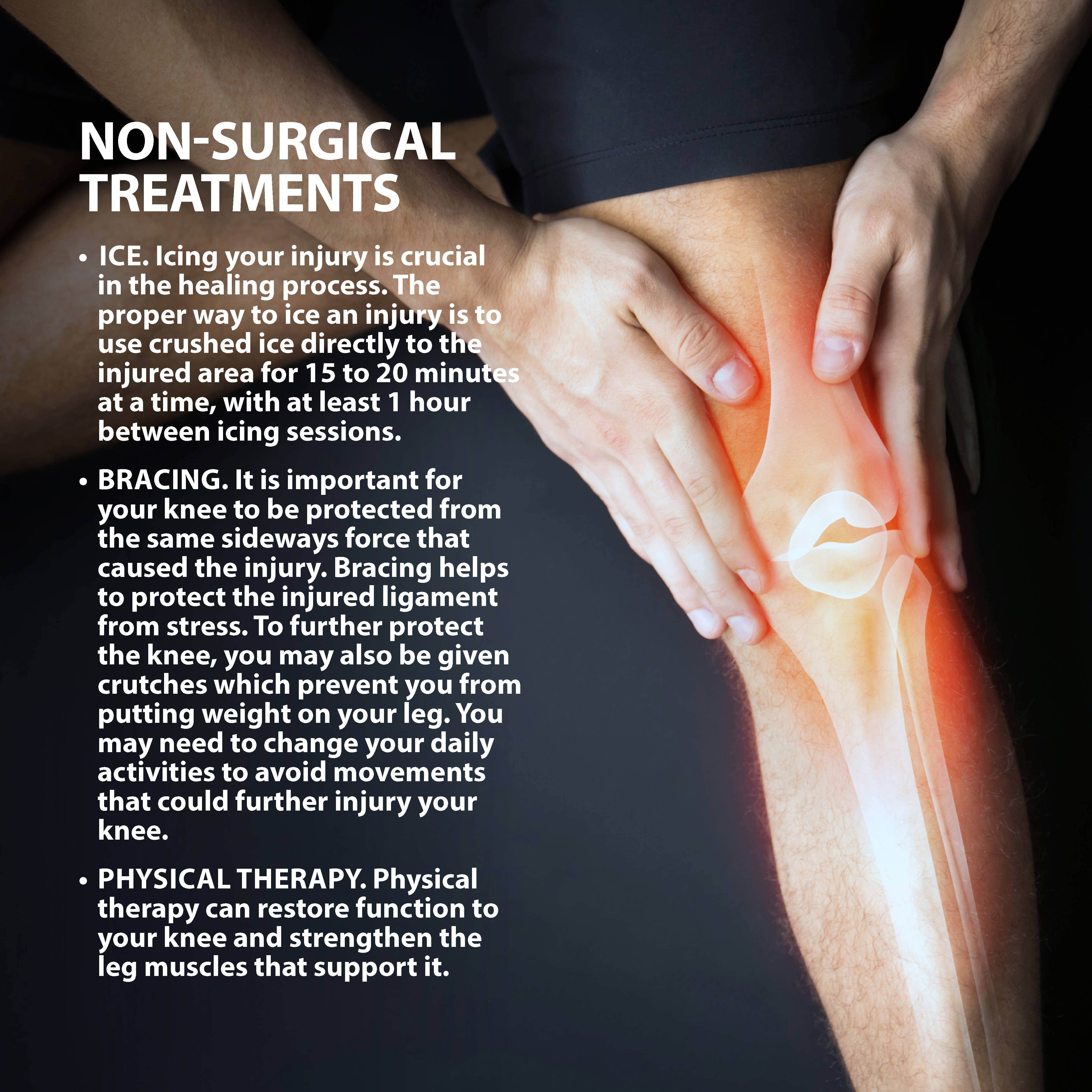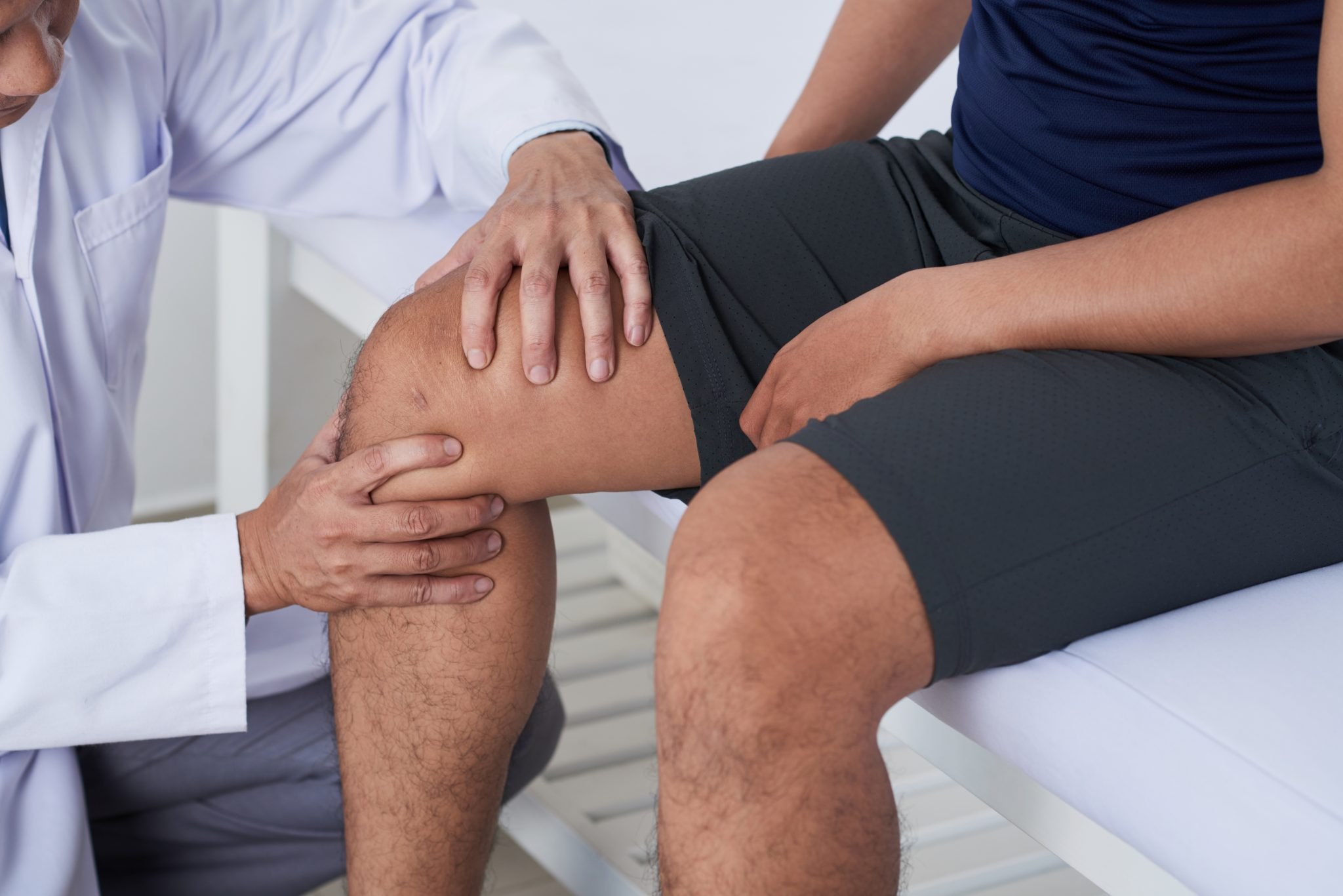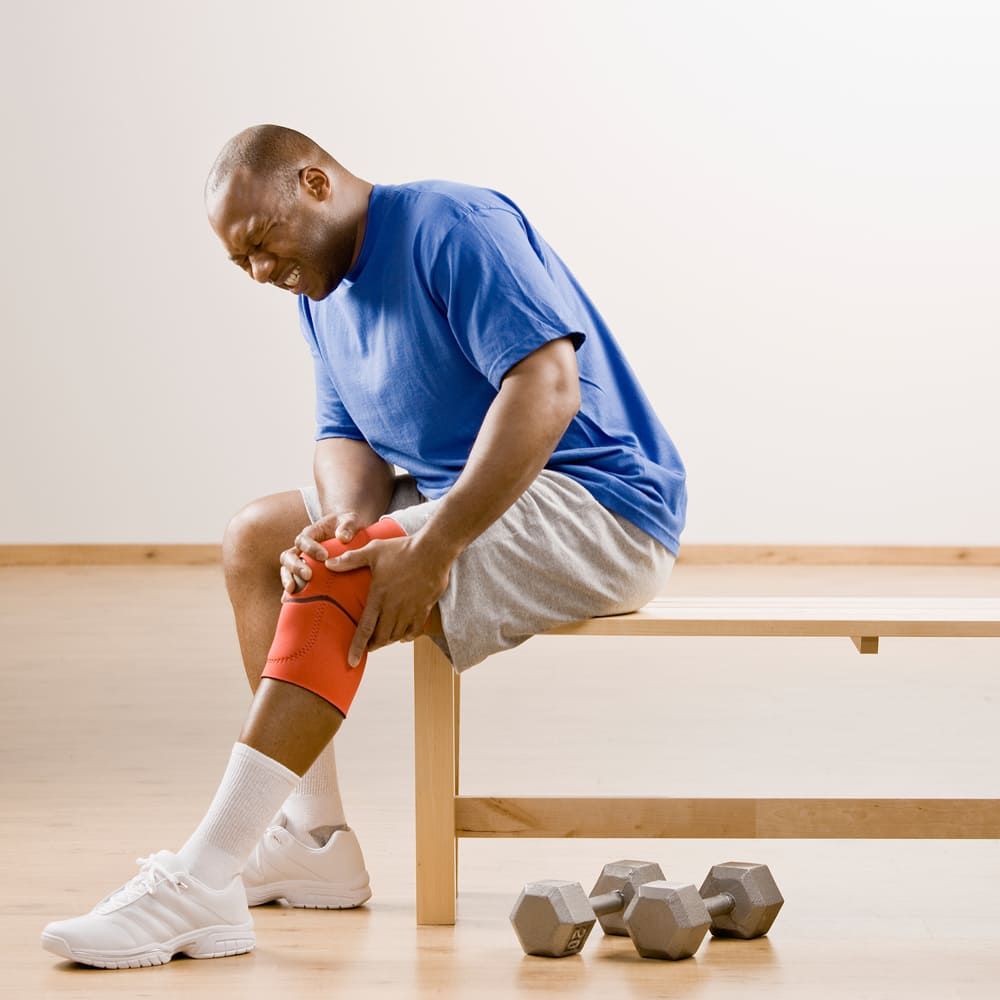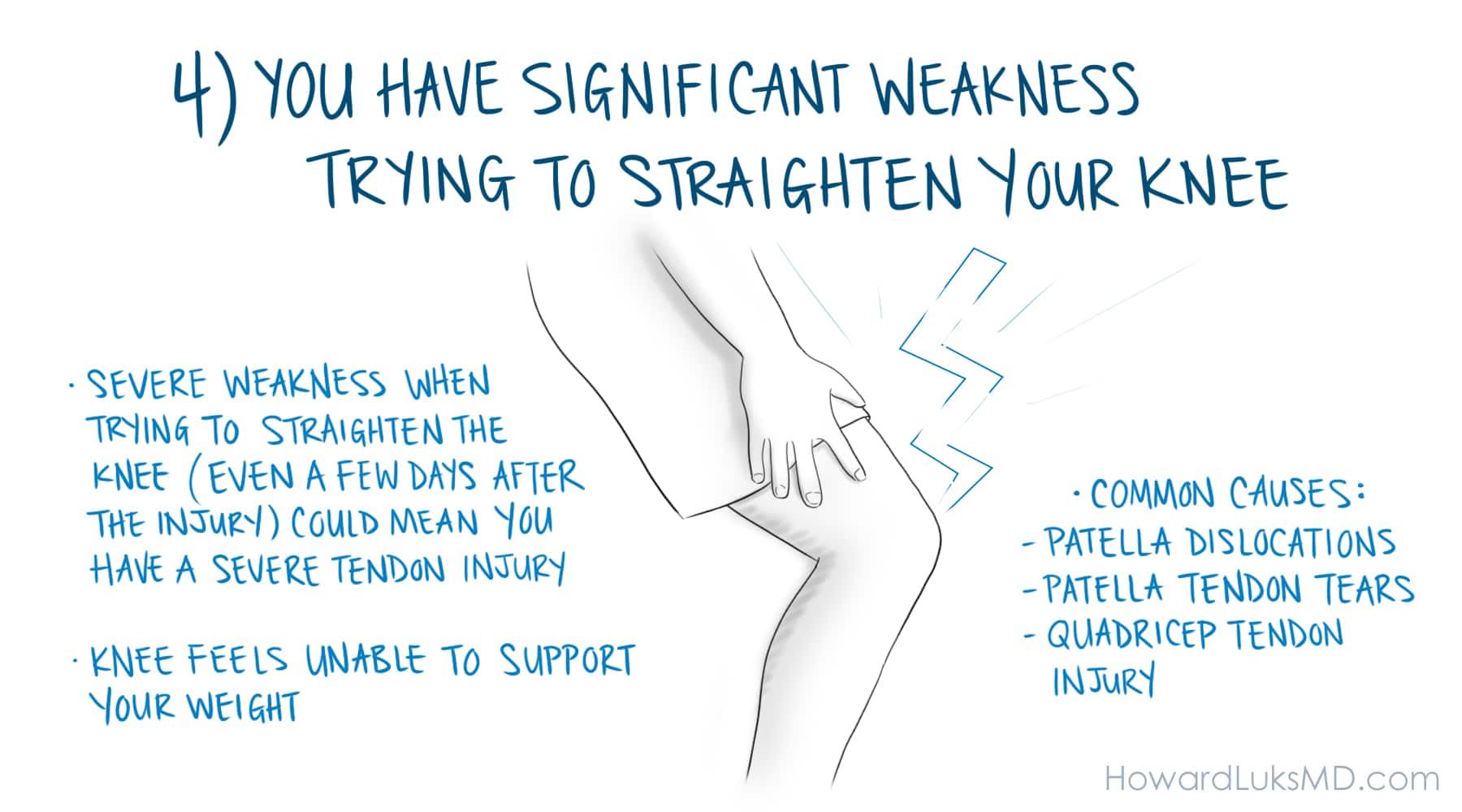Best Tips About How To Tell If You Have A Knee Injury

Stage 1 means that you’ve got some wear and tear in your knee joint.
How to tell if you have a knee injury. There is a lack of joint stability. Symptoms of a meniscus tear include: There are four bones around the area of the knee joint:
A person may feel a pop when they tear the meniscus. Numerous studies have reported that knee oa accounts for lower extremity. Imagine falling on to your knees, or taking a direct hit to the kneecap.
If your knee pain is accompanied by displacement, it is a good idea to talk with a specialist to see if you have a tendon injury. A day or two of rest. Your knee joint is bent or.
What your knee pain may indicate based on its location chart above knee kneecap inner side outer side below knee behind knee getting medical help diagnosis. Elevate — lie or sit with leg raised. Are unable to fully extend or flex your knee.
Any activity that causes you to forcefully twist or rotate your knee, especially when putting. You can’t straighten your knee or leg. Also known as effusion, this condition occurs when there is a buildup of fluid.
The thigh bone (femur), the main shin bone (tibia), the outer shin bone (fibula) and the kneecap. Your knee is swollen swelling in the knee immediately or shortly after an injury is a common sign that indicates you may have sustained a serious knee injury. You need urgent medical attention if:
Acl injuries occur most often when a. If you have trouble straightening your leg or it hurts to do so, you probably have a serious knee injury. You don’t have arthritis of the knee.
Swelling and stiffness of the knee joint. Overview a torn meniscus is one of the most common knee injuries. Visit a healthcare provider if you have pain or swelling in your knee — or if it’s hard to move or use your knee (especially if you experience an injury or fall).
Symptoms of a meniscus injury. Calf raises “help support the posterior knee,” or the muscles in the back of your knee, anastasio said. Don’t use heat or massage to treat an injured knee.
Can't bear weight on your knee or feel as if your knee is unstable or gives out. One of the most common symptoms you may experience in your knee is swelling. A loud pop or a popping sensation in the knee severe pain and inability to continue activity rapid.
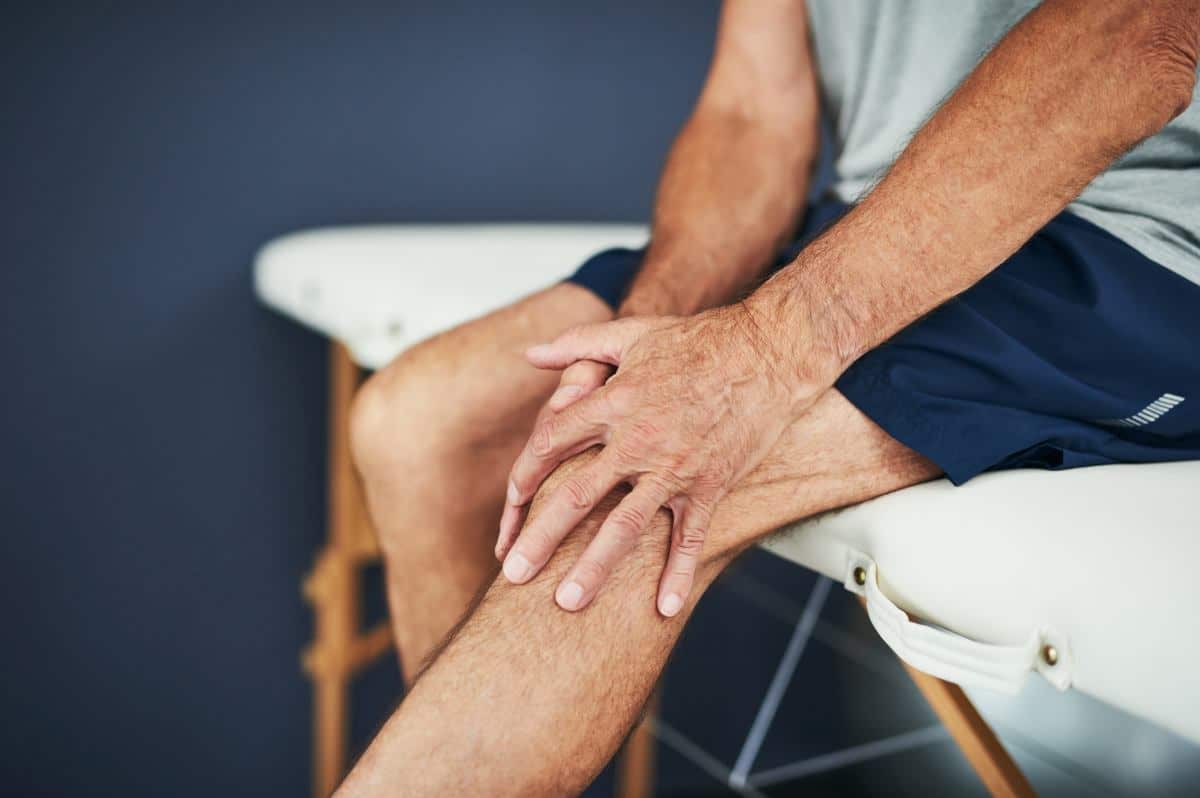







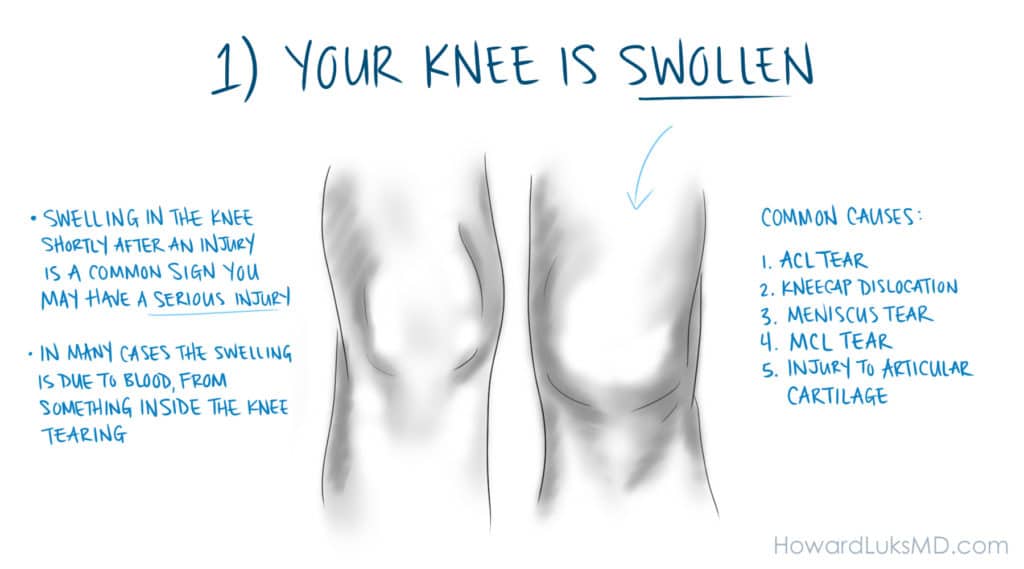
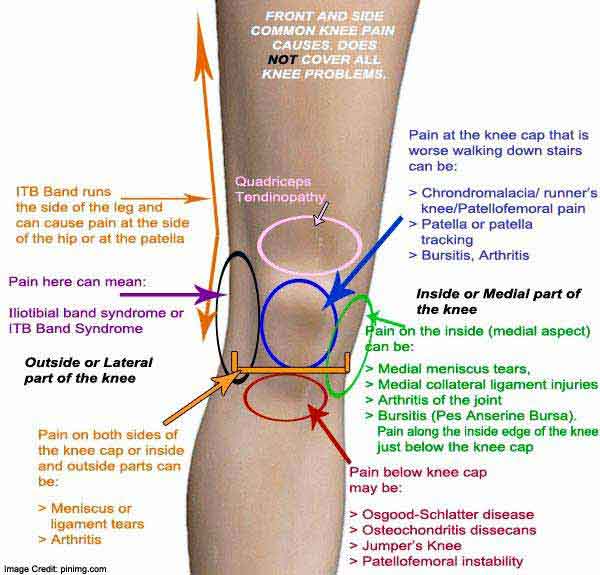
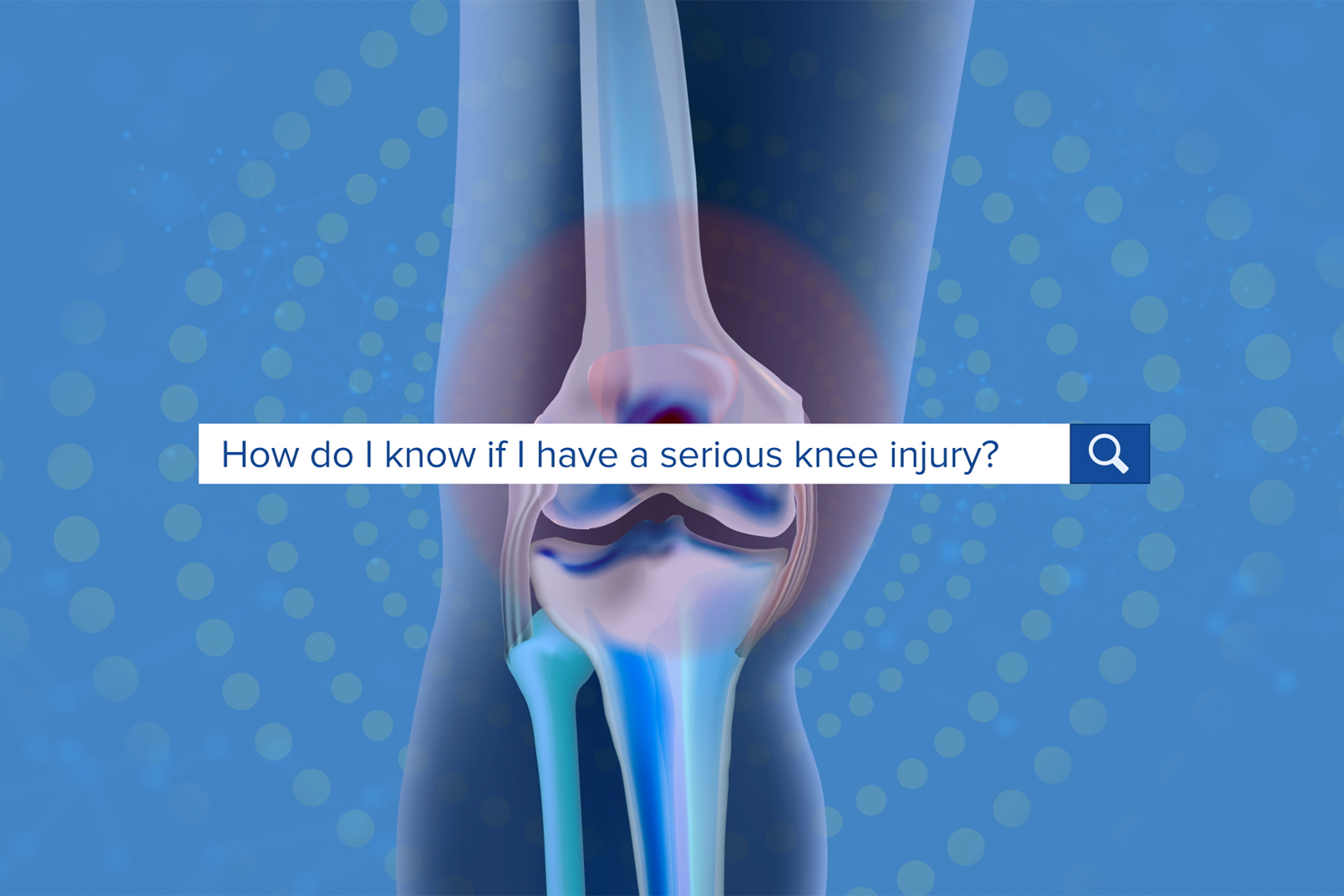
:max_bytes(150000):strip_icc()/patella-injuries-2548745_FINAL-849bd0d7ed234477939d0398c2b6be4b.png)

